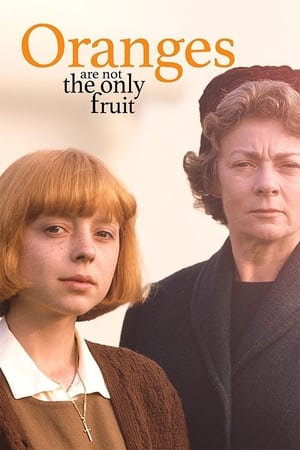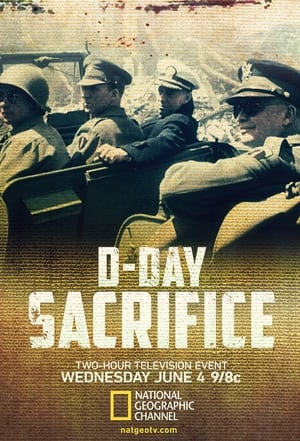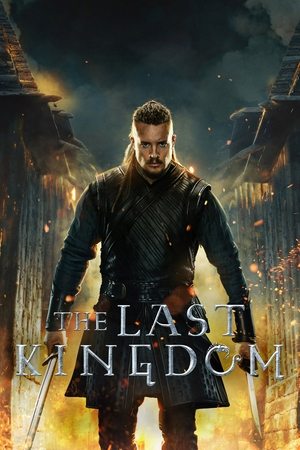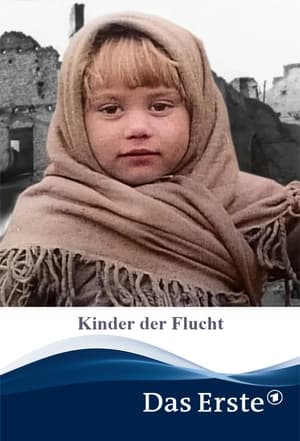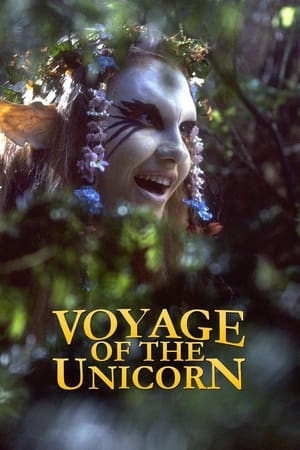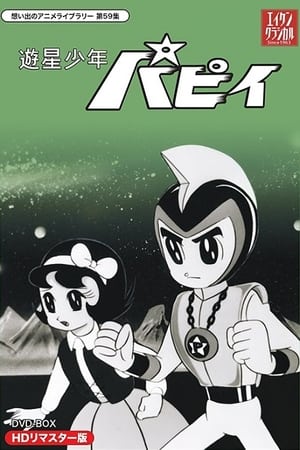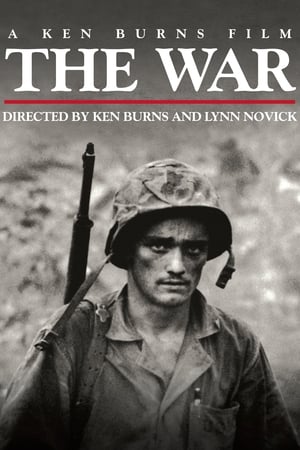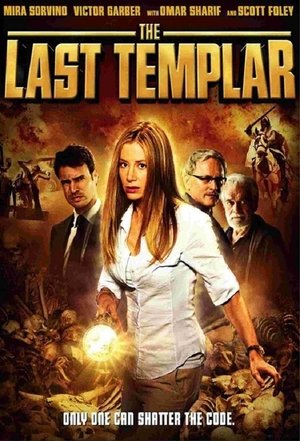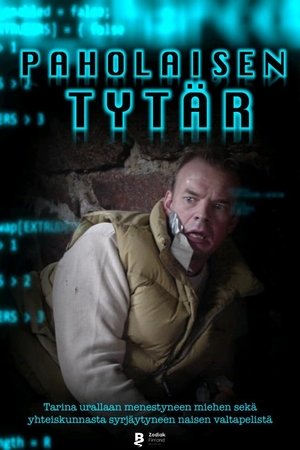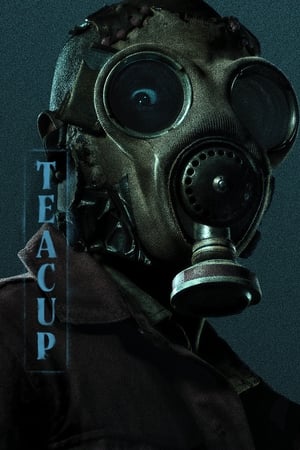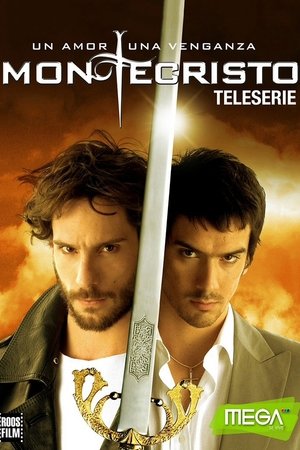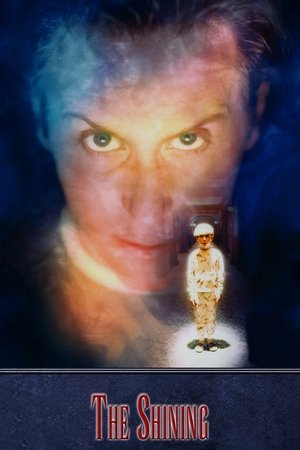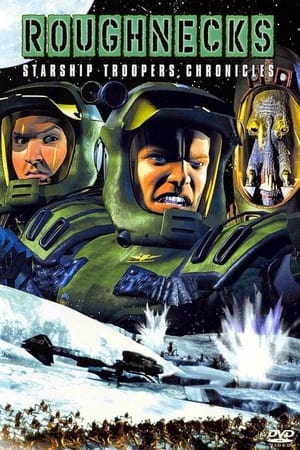Overview
The dramatised account of how the world’s greatest Special Forces unit, the SAS, was formed under extraordinary circumstances in the darkest days of World War Two.
Reviews
I've long since stopped being a fan of the UK's BBC and series like Rogue Heroes, just reinforces my resolve, to keep my distance.
SAS: Rogue Hero's, mixes revisionist history, with a view of war as a "jolly old adventure" it never was and never will be.
Its light, jaunty, almost flippant tones and its odd contempt for Australian's soldiers, who Rommel said he'd want at his side were he to ever invade hell, is both irritating and I feel, more than a little insulting.The reference to Commonwealth troops, who died in droves, as "colonials", doesn't help either.
Put bluntly, this thing reeks of longing for a revival of the elitist British empire, with its over zealous desire to glorify and worship war, in the worst way possible. That is, by treating it as something everyday and honourable, rather than something alien and abhorrent.
The only discernible upside here is quality acting and polished sets. Certainly the BBC never fails in this department.
In summary, unless you enjoy singing "Rule Britannia", on a regular basis, in your Union Jack undershorts, while your bemused Corgi's look on from the sofa, this may be one best left alone.
The SAS are heroes, but they aren't necessarily nice people. This dramatized version of the story of the role of the SAS in WW2 has flaws but those are worth ignoring. A reality hard to swallow for modern audiences is that flippancy and a lack of respect, the notion of war as a great adventure was part of the SAS ethos at the time and indeed in the British armed forces generally. But alongside the flippancy was serious professionalism. The SAS excelled at desert warfare especially the long range navigation across the desert needed to pinpoint German positions. They invented "shock and awe", but didn't have a name for it, with hit and run attacks bringing overwhelming firepower and a knowledge of how to use that firepower effectively that was a revolution in warfare at the time. This aspect of the SAS is portrayed well.
The attempt to inject love interest into David Stirling's role in the formation of the SAS is clumsy and seems unnecessary.
The language and attitudes portrayed are of their time, particularly a casual dislike of the French and Australian combatants. It would have been wrong to dress this up for modern audiences. However I suspect that these attitudes will irritate many viewers.
Watching the related documentary series "SAS Rogue Warriors" is recommended, it explains elements of the plot that are not obvious such as the key role played by people who are minor characters in the drama.

 English
English
 7.714
7.714
 2022
2022
 United Kingdom
United Kingdom
 MovieGuys wrote:
MovieGuys wrote: